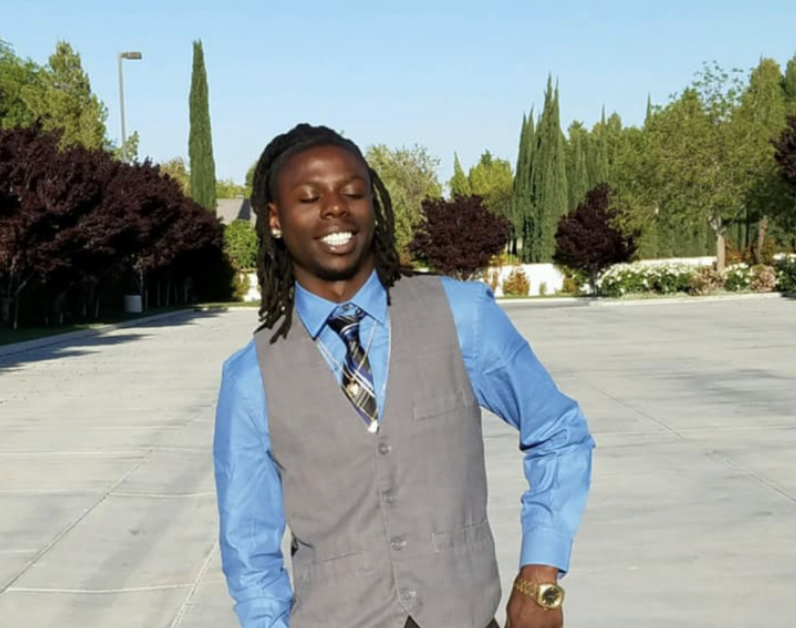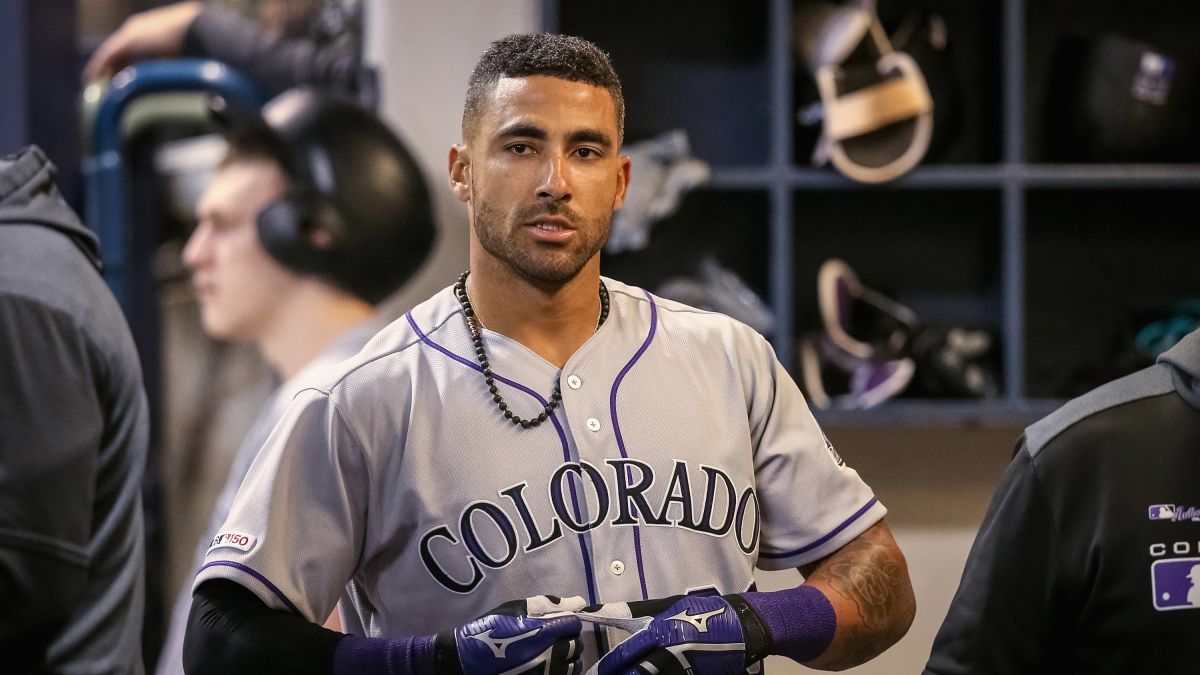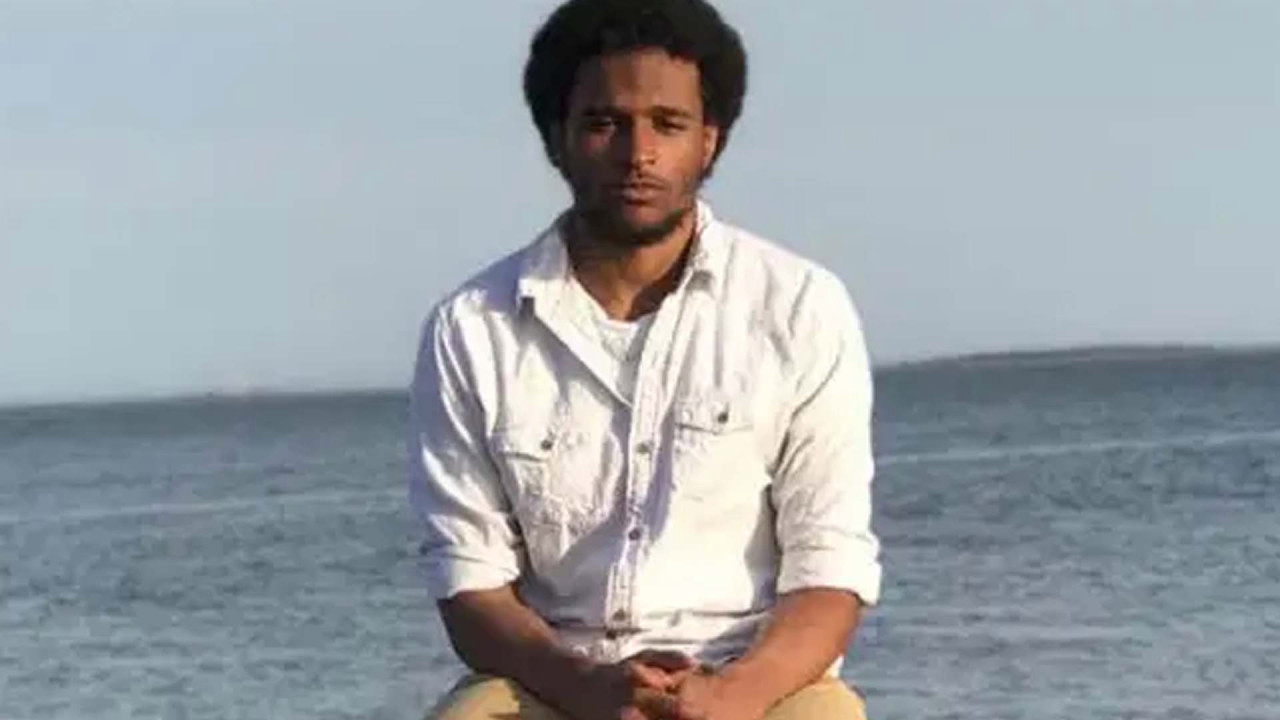For those of us who still read books, the 2010s was a decade that gave us life. It blessed us with a whole new generation of writers of color who helped fill the void left behind by the deaths of literary icons including Toni Morrison and Maya Angelou. Below are C+C’s top books of the last 10 years, written by the authors who we believe will set the tone for the literature of the 2020s.
Fiction
Americanah (2013) by Chimamanda Ngozi Adichie

The third novel by Nigerian author Chimamanda Ngozi Adichie, Americanah is the story of Ifemelu, a Nigerian student, who goes to the United States to attend college. While there, Ifemelu discovers the nuance that makes someone Black, a fact she had never had to consider back home and which manifests itself in such mundane things as the lack of hair salons that cater to people like her in the predominantly white college town where she lives. Throughout the book, Adichie weaves elements of Ifemelu’s life in Nigeria with her experiences in the U.S. and crafts a beautiful narrative about the meaning of Blackness, privilege and belonging.The book was awarded the National Books Critics Circle Award in 2013 and will be adapted into an HBO miniseries starring Lupita Nyong’o.
“They themselves mocked Africa, trading stories of absurdity, of stupidity, and they felt safe to mock, because it was a mockery born of longing, and of the heartbroken desire to see a place made whole again.”
A Little Life (2015) by Hanya Yanagihara

A Little Life begins with four friends at a university in New York City and ends during the protagonists’ middle age. As the story progresses, the characters’ personalities unravel as they discover how childhoods filled with toxic male figures continue to affect their adult lives. The novel’s importance lies in its honest confrontation of the role that childhood trauma plays well into adulthood. The book won the Kirkus Prize in fiction in 2015 and was adapted as a four-hour play in the Netherlands.
“Why wasn’t friendship as good as a relationship? Why wasn’t it even better? It was two people who remained together, day after day, bound not by sex or physical attraction or money or children or property, but only by the shared agreement to keep going, the mutual dedication to a union that could never be codified.”
A Brief History of Seven Killings (2014) by Marlon James

Written by Jamaican author Marlon James, A Brief History of Seven Killings is a historical fiction novel about the attempted assassination of musician Bob Marley in 1976 and its ripple effects on several people, including members of crack-ridden communities in New York City. The gripping novel gives a detailed and informative account of Jamaica’s political upheavals of the previous century and was awarded the Man Booker Prize in 2015.
“Jamaica never gets worse or better, it just finds new ways to stay the same.”
Pachinko (2017) by Min Jin Lee

A novel by Min Jin Lee, Pachinko tells the story of a Korean family that moves to Osaka in the early 1900s after the Japanese invasion of the Korean peninsula. The novel is filled with convoluted plot lines and fraught relationships involving Sunja, the protagonist, and the family she raises in the midst of major wars. Spanning 80 years and three generations, Pachinko explores themes of racism, power and generational trauma. The title is a reference to the pachinko gambling machines that are popular among working-class men in Japanese cities.
“Living everyday in the presence of those who refuse to acknowledge your humanity takes great courage.”
The Underground Railroad (2016) by Colson Whitehead

Colson Whitehead’s sixth novel follows the lives of two slaves in the nineteenth century who attempt to escape a Georgia plantation through the legendary underground railroad. The book is filled with empowered individuals and deserves a spot on our list because it gives an alternative perspective to the usual “helpless slave” narrative and depicts the bravery and complexity of the people who fought back against the system.
“And America, too, is a delusion, the grandest one of all. The white race believes–believes with all its heart–that it is their right to take the land. To kill Indians. Make war. Enslave their brothers. This nation shouldn’t exist, if there is any justice in the world, for its foundations are murder, theft, and cruelty. Yet here we are.”
Non-Fiction
The Immortal Life of Henrietta Lacks (2010) by Rebecca Skloot

In 1951, a Black woman named Henrietta Lacks was treated for cervical cancer at John Hopkins Hospital in Baltimore when, unbeknownst to Lack or her family, doctors stored cells from her cervix to use for future studies. After Lacks’ death, her cells continued to multiply and were shipped to scientists across the world who studied diseases such as cancer, AIDS and polio. Lacks’ enormous contributions to medicine went completely unacknowledged and her family received no compensation- until now. The gripping novel was awarded the National Academies Best Book of the Year Award in 2011.
“David drove Henrietta nearly twenty miles to get [to Hopkins], not because they preferred it, but because it was the only major hospital for miles that treated black patients. This was the era of Jim Crow—when black people showed up at white-only hospitals, the staff was likely to send them away, even it if meant they might die in the parking lot. “
Becoming (2018) by Michelle Obama

The autobiography of Michelle Obama reveals the inner workings of the country’s always level-headed and super classy former first lady, uncovering the times when she felt overwhelmed by the burden of being the first Black woman to rule the White House. The book is divided into 24 chapters made up of 3 sections, starting with her childhood in the South Side of Chicago and ending with her experiences raising a family while being scrutinized by the public daily. This historic book sold 1.4 million copies in its first week and deserves a spot on this list for its raw honesty and brilliant nuggets of advice.
“For me, becoming isn’t about arriving somewhere or achieving a certain aim. I see it instead as forward motion, a means of evolving, a way to reach continuously toward a better self. The journey doesn’t end.”
The Line Becomes A River (2018) by Francisco Cantu

A beautifully written book by a former border patrol agent, The Line Becomes a River gives an insider’s look into the ugly side of border law enforcement. Francisco Cantu outlines several interactions he had with migrants and agents, some of whom are trained to fight drug cartels rather than enforce civilian law. Cantus’ honest recounting does not shy away from documenting his own cruelties, such as slashing water bottles left out for migrants so that they would have nothing to drink in the desert. This book is an essential read for anyone who does not fully grasp what happens at the border.
“As I swam toward a bend in the canyon, the river became increasingly shallow. In a patch of sunlight, two longnose gars, relics of the Paleozoic era, hovered in the silted waters. I stood to walk along the adjacent shorelines, crossing the river time and again as each bank came to an end, until finally, for one brief moment, I forgot in which country I stood. All around me the landscape trembled and breathed as one.”
Between the World and Me (2015) by Ta-Nehisi Coates

Ta-Nehisi Coates’ breakout book, Between the World and Me is the author’s bittersweet letter to his African-American son that takes stylistic elements of James Baldwin’s The Fire Next Time. At times reading like an instruction manual for Black men in America, Coates tells his son how to deal with law enforcement, drawing from his own childhood experiences and American history. The fragmented and deeply sentimental narrative gives a melancholic perspective on what it means to be a Black man in the 21st century.
“ Hate gives identity. The nigger, the fag, the bitch illuminate the border, illuminate what we ostensibly are not, illuminate the Dream of being white, of being a Man. We name the hated strangers and are thus confirmed in the tribe.”
Far From the Tree (2012) by Andrew Solomon

Andrew Solomon’s fascinating book explores the complexities of families with children who have complex identities and/or disabilities such as dwarfism, deafness and schizophrenia. “Far From the Tree” delves into parenting in the most difficult scenarios, as well as the impact that nature and nurture have on a child’s identity. Informative and entertaining, the book focuses on the unconditional bond between children and parents.
“Some people are trapped by the belief that love comes infinite quantities, and that our kind of love exhausts the supply upon which they need to draw. I do not accept competitive models of love, only additive ones.”






